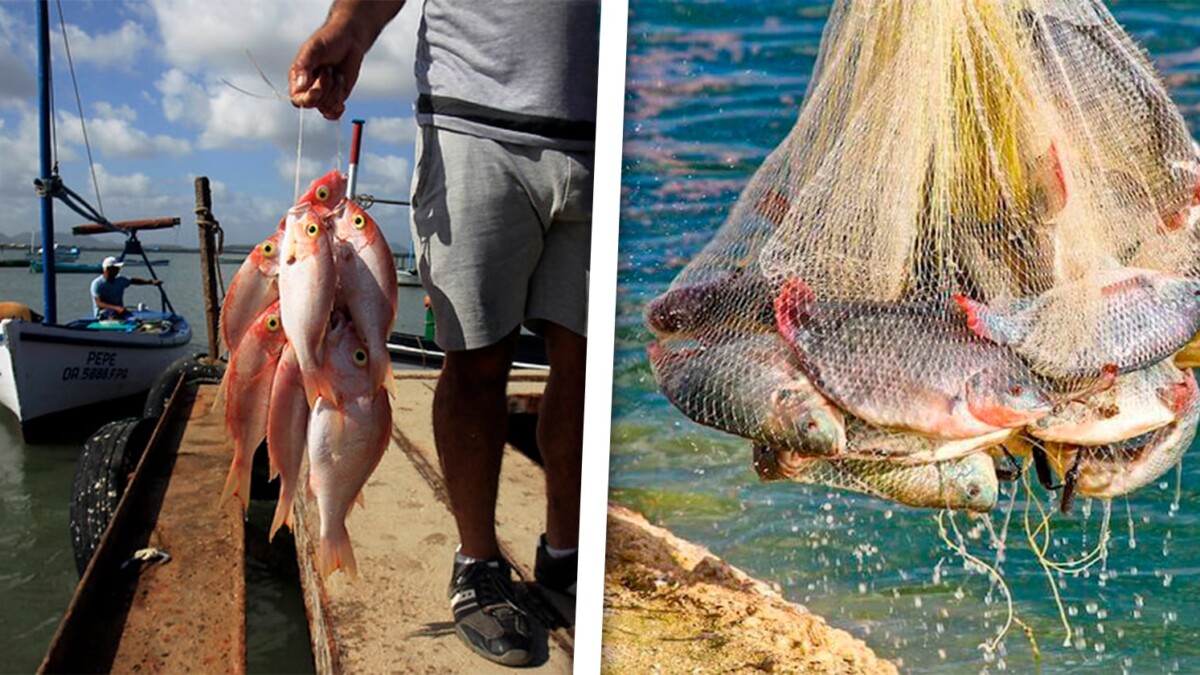The Cuban government has eliminated rules for the marketing of marine fishing for certain species, recently published by official media.
The Official Gazette of Cuba indicated this Tuesday the official status and enforcement of Resolution 16 of 2024, which explains in detail what Cuban fishermen are now authorized to do.
From this moment, those engaged in the activity will not need a Non-State Commercial Fishing License, therefore, they can market their catch without state mediation.
The Gazette indicates that “it is authorized according to the decisions adopted by local governments in this regard”.
With this clarification, it is assumed that prices for sale with the governments of the territories must be informed and agreed upon, but the rule does not specify anything more on the subject.
What it does explain in detail are the species that can be freely marketed and leaves to the imagination or logic which ones could not be touched.
The authorized species to capture are fish, all species of tuna or tunids, oysters, clams, crab, and marine shrimp, in the latter case outside of coastal lagoons and always in the waters of the insular shelf.
Note that in that group do not appear other highly valued species such as lobster, octopus, ray, mackerel, or sawfish, among others, all highly appreciated by humans not only for their sale but for their taste and nutritional contributions to the human body.
The document indicates that fishermen must submit a Sworn Declaration, according to the most updated model, on the status of their catches, an action that will be mandatory for them every 3 months.
Although it does not completely open the path towards fishing and selling all types of species, an activity until now prohibited without government mediation, it is news that fishermen surely welcome.
The door begins to open slightly, and perhaps this way the desired and necessary marine product begins to be more consumed by Cubans, surrounded by the sea and paradoxically do not have access to them.
Although no official site clarifies why this decision was made, it can be inferred that it is primarily due to the food crisis the country is experiencing and secondly to the situation of the national fishing industry, in need of changes and improvements in its infrastructure.
✅Para Recibir TODAS las Noticias GRATIS 👉Síguenos desde Aquí

